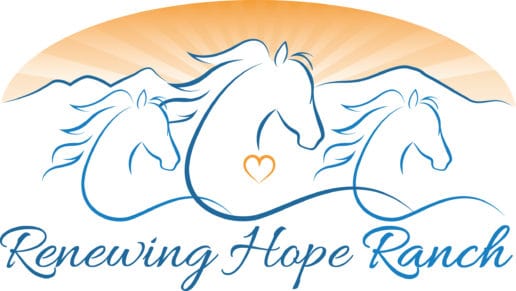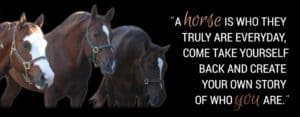Developmental Trauma
If you find yourself on this page you have likely experienced some form of trauma in your life. Whether it was a childhood upbringing that was less than ideal, or the loss of significant people in your life at a young age, tumultuous relationships from an early age, unforeseen circumstances at a young age.
- Do you constantly find yourself going back to behaviors that are frustrating and feel unstoppable?
- Do you experience “I am not good enough”, “I can never do enough”, “I am not ok”, “I am a failure”?
- Do you often find yourself feeling unloved, undervalued, unimportant?
- Do you struggle to maintain healthy relationship?
- Do you constantly struggle to understand who you are in relationships or where you belong?
- Are you seeking approval consistently from people and rarely finding it to be enough?
Many times when we struggle with these things we struggle alone. You probably rarely feel heard or understood in what you are going through, not only by others but by yourself as well. Some of the patterns that were developed at a young age follow us through a lifetime, and we use old coping patterns to try to solve current day problems. There is a good chance that you feel very hopeless in changing these patterns of relating and beliefs. Healing is possible and you can find a way to rewire the patterns that were developed so long ago so that you can live a life that is worth living.
Understanding Developmental Trauma
Developmental Trauma, also known as relational trauma, is defined as trauma that persists primarily in childhood and impacts emotional, social, and cognitive development. Developmental trauma is a strongly recognized and there is research around developmental trauma, and there is still so much to learn about it. When working with individuals, whether children, adolescents, or adults, developmental trauma travels through a lifetime. They are patterns that you see repeating over and over and you don’t understand why or how to stop the pattern. They are beliefs that are carried over from what we are taught or communicated to growing up. There are observable acts of installing beliefs, i.e. physical, verbal or neglectful abuse, and there are also subliminal acts of installing beliefs, i.e. guilting, passive-aggressive parenting, among others. Detecting developmental trauma can be very difficult and sometimes it can go undetected for many years. Developmental trauma leaves us never having the opportunity to truly discover who we are at the core of ourselves.
Developmental Trauma in Real Life
These types of trauma can leave you feeling uncertain with who you are, insecure, lost, afraid to connect, untrusting, etc. These attributes follow us into all of our adulthood causing struggles and inconsistent relationships. So many people struggle understanding and finding themselves in relationship without getting swept up in them. Learning to stand confidently in who you are in each and everyone of your relationships. Trauma impacts our sense of self and how we view ourselves in the world. Asking questions along the lines of “am I ok?” or “is the world safe?” or “how much can I do?” or “how well can I do it?”
Horses and animals can help us learn to operate within self and withing relationship. Nature helps us learn how to coexist in relationship, respecting while still being respected.
Animals, Horses, Nature, Therapy, & Developmental Trauma
Therapy can help decipher and process developmental trauma. Developmental trauma can sometimes be very difficult to process through due the nature of developmental trauma. Developmental trauma often leaves people with views of themselves and other people around them skewed. Whether it be putting people on a pedestal, being wary of people, over-trusting or under-trusting, fear of connecting with people, not being able to connect with yourself or others, inability to recognize or process emotions effectively, among other possible symptoms.
Animals help foster connection in a safe and comfortable way. They help us see how our emotions impact other beings and how the regulate to help other feels comfortable around us. Animals offer support and authenticity when operating in relationship with them and that allows for people to learn to trust themselves, trust the responses of others, and the process itself. Animals also offer the aspect of touch that is essential in development that many times the therapist does not have the opportunity to offer. Animals help create the foundation for changing patterns in the brain that sometimes a human cannot offer. Animals and horses allow us to find and reconnect with our inner most being. Horses and animals allow us the space to rediscover the parts of us that we lost along the way. Horses are able to help us see the emotions and touch the deeper places that we were never able to before.

